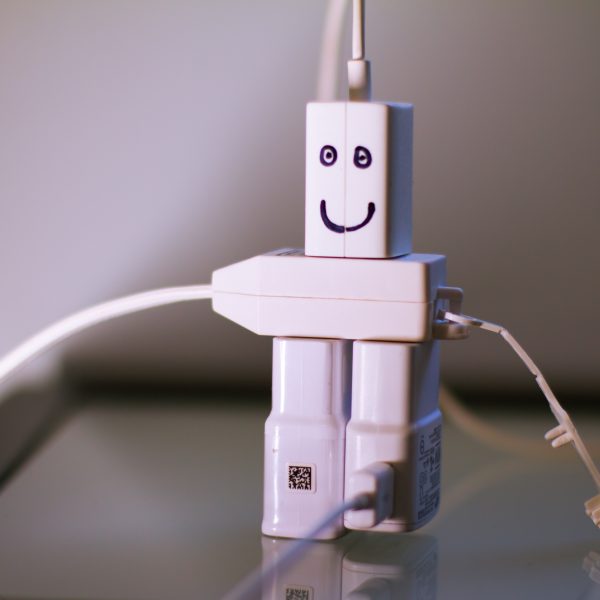Researchers to examine how technology can support families to combat social isolation

Researchers from the University of Washington have initiated a national study to support families to learn more about how home-based learning and social isolation can be mitigated through the use of technology.
The research is timely, and relevant to the Australian context, with thousands of schools and preschools impacted by the presence of COVID-19 within the community. Many families are facing the dual challenge of working from home whilst trying to oversee their child’s education.
Dr Julie Kientz, one of the lead researchers, said the study was a response to what now seems to have been idealistic thinking on the part of parents who quickly realised the challenges of having sustained periods of attention to work with children also needing sustained periods of attention.
While technology may support in this space, freeing parents up to focus, the challenge of navigating the options available, both in terms of hardware and software, is overwhelming.
The study will aim to recruit a wide variety of families from diverse situations, all of whom will have children aged between three and thirteen years. Participants will be grouped based on common family characteristics such as child’s age, or work situation.
“We definitely want to include many different types of families, including parents who are still physically going to their jobs, parents who are in quarantine, intergenerational households and single parents,” Dr Kientz said. “But we want to make sure the study itself isn’t creating more extra work for people who are already burdened.”
Each family will be required to participate for 30 minutes a week over 10 weeks, reflecting on whether the technology they use helps or hinders their lives.
Dr Kientz is hopeful that the study will yield real insights into what is helpful, and where the roadblocks are. These insights will then be shared with those interested via social media and articles on Medium. Tools to support online learning, exercise and staying connected will also be shared.
In the later part of the study, families will design new or redesign existing technologies — such as a new educational skill for Amazon Echo. Then the families will test simple prototypes of these designs. Most of these activities will be completed as a family, though there may be some caretaker- or child-only activities as well.
“It’s important to see things in terms of equity, too,” Dr Kientz said. “Some people don’t have time to homeschool their kids, and a lot of these tools require high-speed internet access, iPads or other expensive equipment.”
To follow the project through Twitter, please see here. Medium posts about the project are available here.
Popular

Quality
Practice
Provider
Research
Workforce
Honouring the quiet magic of early childhood
2025-07-11 09:15:00
by Fiona Alston

Policy
Practice
Provider
Quality
Workforce
Minister Jess Walsh signals urgent action on safety and oversight in early learning
2025-07-11 08:45:01
by Fiona Alston

Workforce
Policy
Quality
Practice
Provider
Research
The silent oath: Why child protection is personal for every educator
2025-07-17 09:00:31
by Fiona Alston











